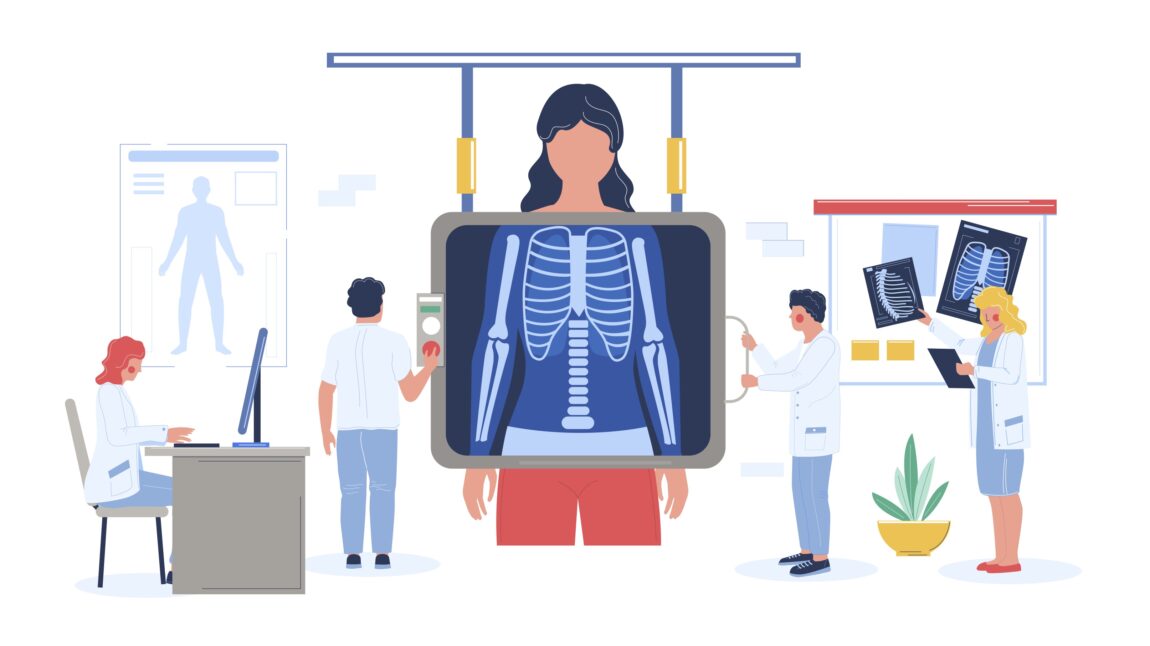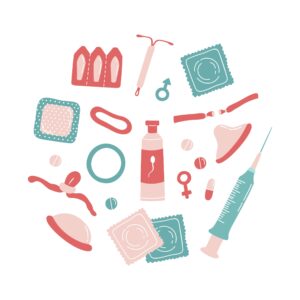 If you have just found out you are pregnant you will need to register your pregnancy with the midwife team to receive the appropriate antenatal care. If you are at least six weeks pregnant, or if you’re not sure how far along you are, you can refer yourself directly with your NHS number to maternity services at University Hospital Southampton.
If you have just found out you are pregnant you will need to register your pregnancy with the midwife team to receive the appropriate antenatal care. If you are at least six weeks pregnant, or if you’re not sure how far along you are, you can refer yourself directly with your NHS number to maternity services at University Hospital Southampton.
You can also calculate your due date with this pregnancy calculator – and congratulations!
If you are planning a pregnancy or just found out you are pregnant then start taking Folic Acid supplements immediately to reduce the risk of problems as the baby develops in the very earliest stages of pregnancy. Green, leafy vegetables are an excellent source of the natural form of this vital vitamin as well as other nutrients. You may be able to get free vitamins if you qualify for the Healthy Start scheme.
Midwives
We have midwifes attached to our practices and some who work remotely who will look after you throughout your pregnancy journey. They will check the health of you and your unborn baby, give you useful information and advice, and complete antenatal screening tests. If you have complications or a longer term condition then your midwife may also refer you to your GP, Obstetrician or Physiotherapist for additional care. In Southampton we have a choice of where to give birth depending on where you live, or you may be able to choose to give birth at home. Talk to your midwife about these options.
If you have any urgent problems during your pregnancy such as bleeding or reduced baby movement then please contact your midwife or labour ward whose contact details will be on your home pack, or call 111 for immediate advice.
A standard antenatal appointment schedule with us looks like this:
- 8 to 10 weeks: ‘Booking in’ appointment
- 8 to 14 weeks: ultrasound dating scan
- 16 weeks: midwife appointment
- 20 weeks: ultrasound anomaly scan, whooping cough vaccine offered
- 25-40 weeks: regular 2-3 week checks with the midwife. Frequency of appointments may vary depending on whether this is your first baby or you have other complications.
You are entitled by law to take time off work for antenatal appointments.
Antenatal courses
There is a free course run by Princess Ann Hospital, and you’ll find your booking form in your maternity pack. Alternatively there are private options such as Southampton NCT, and information just for Dads such as the Dad Pad.
 Perinatal Mental Health
Perinatal Mental Health
Having a baby is a major life event. It is totally normal to experience a wide range of up and down emotions during your pregnancy, birth and new baby journey. If you start having difficult feelings that have a big effect on your day-to-day life then please seek help from your midwife, health visitor or GP. The PANDAS Foundation has support available including a helpline for pre and postnatal depression.
Health visiting
Our health visiting team will lead your postnatal care for 6-8 weeks after the birth of your baby. They are ready to advise mothers on all aspects of baby and child care, regular developmental milestone assessments and vision and hearing checks. They can also provide support with breastfeeding, reflux, weight monitoring and all aspects of care until your child starts school.
8 week baby checks
 When your baby is approaching eight weeks old you will be invited for an appointment with a GP. This is to check the development, health and growth of your baby and offer advice on feeding or issues that may have arisen. We also offer your child’s first immunisations at this appointment. For this reason if your baby is unwell in any way please let us know so that we can postpone this appointment and your baby can be cared for appropriately. The rest of the vaccinations will follow the UK vaccination schedule of government guidelines and you will be invited to make an appointment for these.
When your baby is approaching eight weeks old you will be invited for an appointment with a GP. This is to check the development, health and growth of your baby and offer advice on feeding or issues that may have arisen. We also offer your child’s first immunisations at this appointment. For this reason if your baby is unwell in any way please let us know so that we can postpone this appointment and your baby can be cared for appropriately. The rest of the vaccinations will follow the UK vaccination schedule of government guidelines and you will be invited to make an appointment for these.
We also combine this 8 week appointment with a postnatal check for the mother’s physical and mental recovery.


 Pharmacies across the country are offering the new contraception service, increasing choice for women in the ways in which they can access contraception. This free service can be accessed by women wanting to start contraception or continue a repeat prescription. Your community pharmacist can answer questions, check your blood pressure and issue your free prescription. Using community pharmacy services frees up our nurses to provide more smears, immunisations and long term condition appointments for those that need it. Of course, if you need to see our practice nurses we are very happy to book you in.
Pharmacies across the country are offering the new contraception service, increasing choice for women in the ways in which they can access contraception. This free service can be accessed by women wanting to start contraception or continue a repeat prescription. Your community pharmacist can answer questions, check your blood pressure and issue your free prescription. Using community pharmacy services frees up our nurses to provide more smears, immunisations and long term condition appointments for those that need it. Of course, if you need to see our practice nurses we are very happy to book you in. If you have just found out you are pregnant you will need to register your pregnancy with the midwife team to receive the appropriate antenatal care.
If you have just found out you are pregnant you will need to register your pregnancy with the midwife team to receive the appropriate antenatal care. Perinatal Mental Health
Perinatal Mental Health When your baby is approaching eight weeks old you will be invited for an appointment with a GP. This is to check the development, health and growth of your baby and offer advice on feeding or issues that may have arisen. We also offer your child’s first immunisations at this appointment. For this reason if your baby is unwell in any way please let us know so that we can postpone this appointment and your baby can be cared for appropriately. The rest of the vaccinations will follow the
When your baby is approaching eight weeks old you will be invited for an appointment with a GP. This is to check the development, health and growth of your baby and offer advice on feeding or issues that may have arisen. We also offer your child’s first immunisations at this appointment. For this reason if your baby is unwell in any way please let us know so that we can postpone this appointment and your baby can be cared for appropriately. The rest of the vaccinations will follow the  The menopause is a natural part of ageing that occurs as a women’s oestrogen levels decline and pregnancy is no longer possible due to lack of menstural cycle. The average age for a woman to reach the menopause in the UK is 51.
The menopause is a natural part of ageing that occurs as a women’s oestrogen levels decline and pregnancy is no longer possible due to lack of menstural cycle. The average age for a woman to reach the menopause in the UK is 51. Hormone Replacement Therapy (HRT) can be offered on site at the surgery. Depending on what is right for you, we can give you tablets, skin patches, vaginal creams, gels and implants that replace falling oestrogen levels and can help relieve symptoms even in tiny amounts.
Hormone Replacement Therapy (HRT) can be offered on site at the surgery. Depending on what is right for you, we can give you tablets, skin patches, vaginal creams, gels and implants that replace falling oestrogen levels and can help relieve symptoms even in tiny amounts.